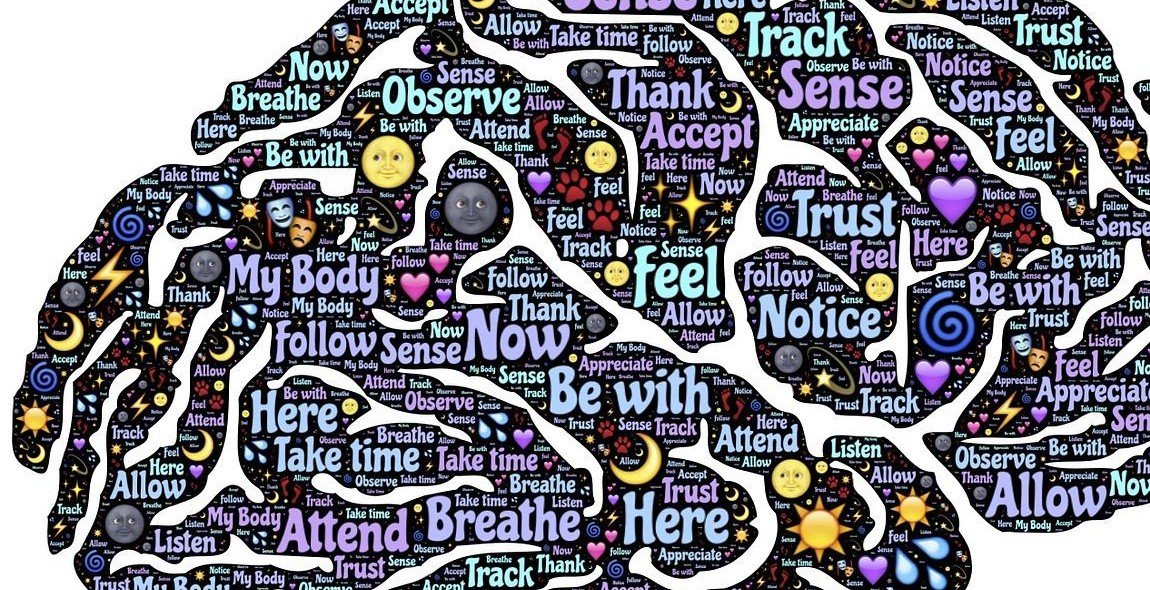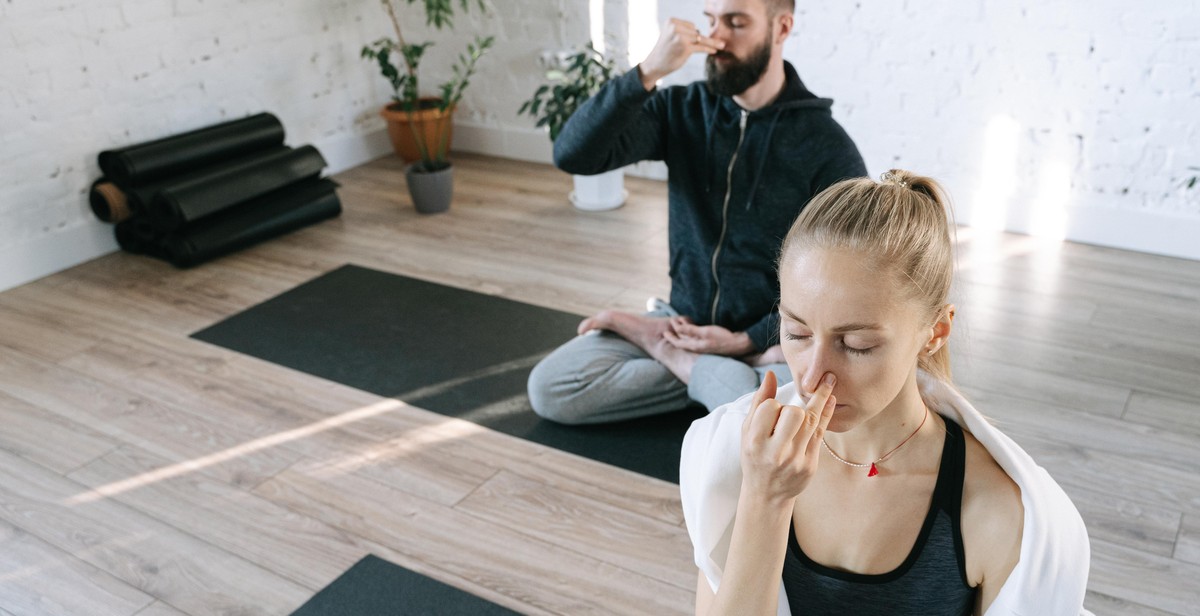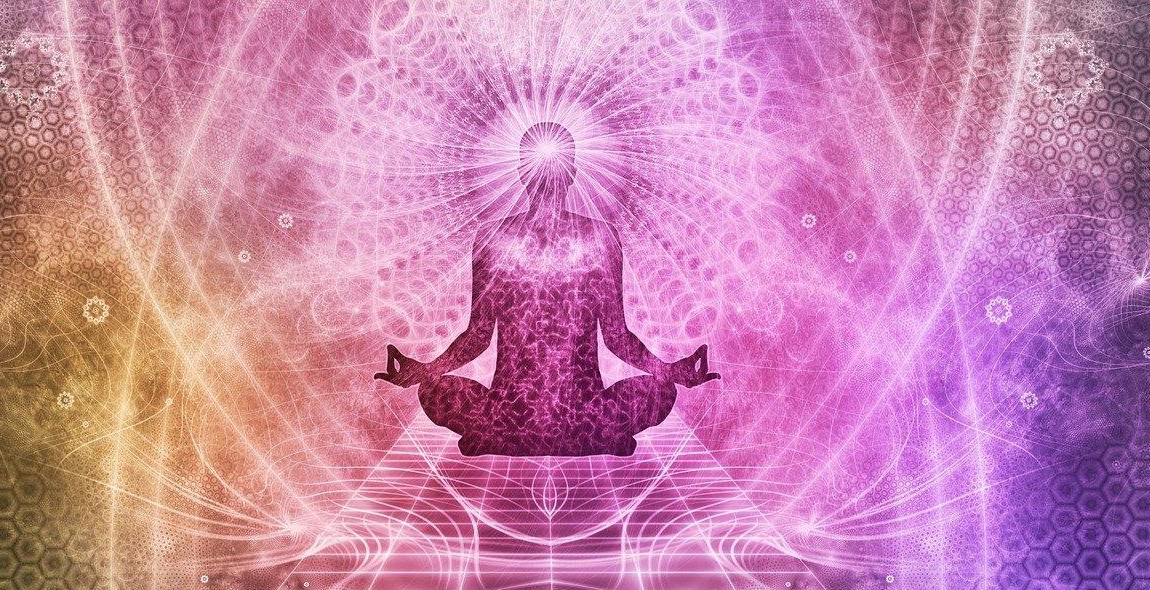The Role of Meditation in Enhancing Mental Strength
Meditation is a practice that has been around for centuries and has gained popularity in recent years due to its numerous benefits. It involves focusing one’s attention on a particular object, thought, or activity to achieve a mentally clear and emotionally calm state. Meditation has been proven to have a positive impact on mental health and can help enhance mental strength.
What is Mental Strength?
Mental strength refers to the ability to regulate one’s emotions, thoughts, and behaviors in a positive manner, despite stressful or challenging situations. It involves developing resilience, perseverance, and a positive mindset. Mental strength is essential for achieving success in both personal and professional life.
How Does Meditation Enhance Mental Strength?
Meditation has numerous benefits for mental health. It helps reduce stress and anxiety, promotes emotional regulation, and improves focus and concentration. These benefits can help enhance mental strength by enabling individuals to manage their emotions and thoughts in a more positive manner. Regular meditation practice can help individuals develop resilience and a positive mindset, which is essential for achieving success in any area of life.
Through meditation, individuals can learn to control their thoughts and emotions, rather than letting them control them. This can help them develop a more positive outlook on life and improve their overall well-being.
What is Meditation?
Meditation is a practice that has been around for thousands of years and is rooted in various spiritual and religious traditions. It is a technique used to quiet the mind and achieve a state of relaxation and calmness, allowing individuals to gain a sense of inner peace and clarity.
History of Meditation
The practice of meditation dates back to as early as 1500 BCE in ancient India, where it was primarily used as a means of connecting with the divine. Over time, meditation spread to other parts of the world and was adopted by different cultures and religions, including Buddhism, Taoism, and Hinduism. In the 20th century, meditation gained popularity in the West as a tool for stress reduction and self-improvement.
Types of Meditation Techniques
There are various types of meditation techniques, each with its own approach and benefits. Some popular types of meditation include:
- Mindfulness Meditation: A technique that involves focusing on the present moment and observing thoughts and sensations without judgment.
- Transcendental Meditation: A technique that involves the use of a mantra or sound to achieve a state of deep relaxation and transcendence.
- Loving-Kindness Meditation: A technique that involves cultivating feelings of love, kindness, and compassion towards oneself and others.
Other types of meditation include guided meditation, body scan meditation, and yoga meditation. Each technique has its own unique benefits and can be practiced by individuals of all ages and backgrounds.

The Science Behind Meditation and Mental Strength
Meditation is a practice that has been around for thousands of years and is believed to have originated in ancient India. It involves training the mind to focus and achieve a state of relaxation and inner peace. While meditation is often associated with spirituality and religion, there is a growing body of scientific research that supports its benefits for mental health and overall well-being.
How Meditation Affects the Brain
Studies have shown that regular meditation can lead to changes in the brain, including increased grey matter in areas associated with attention, learning, and memory. This suggests that meditation may help improve cognitive function and enhance overall brain health.
Meditation and Stress Reduction
One of the most well-known benefits of meditation is its ability to reduce stress. When we experience stress, our bodies release hormones like cortisol that can have negative effects on our physical and mental health. Meditation has been shown to reduce cortisol levels, leading to a decrease in stress and anxiety.
Meditation and Emotional Regulation
Another area where meditation can be beneficial is in emotional regulation. Research has found that regular meditation can help individuals better regulate their emotions, leading to improved mood and reduced symptoms of depression and anxiety.
Meditation and Cognitive Function
Finally, meditation has also been shown to improve cognitive function. One study found that just four days of meditation led to improvements in working memory and executive functioning. This suggests that even short-term meditation can have positive effects on the brain.
- Regular meditation can lead to changes in the brain, including increased grey matter in areas associated with attention, learning, and memory.
- Meditation can reduce cortisol levels, leading to a decrease in stress and anxiety.
- Meditation can help individuals better regulate their emotions, leading to improved mood and reduced symptoms of depression and anxiety.
- Meditation can improve cognitive function, even after just a few days of practice.

Benefits of Meditation for Mental Strength
There are numerous benefits of meditation for mental strength. It is a powerful tool that can help individuals achieve a heightened state of awareness and calmness. Below are some of the benefits of meditation:
Increased Focus and Concentration
Meditation is known to improve focus and concentration. During meditation, individuals learn to focus on their breath and clear their minds of distractions. This practice can be applied to other areas of life, resulting in improved focus and concentration at work or in school.
Improved Memory Retention
Meditation has been shown to improve memory retention. This is because meditation helps to increase blood flow to the brain, which can help improve cognitive function. Additionally, meditation can reduce stress and anxiety, which are known to negatively impact memory.
Reduced Anxiety and Depression
Meditation is a powerful tool that can help reduce anxiety and depression. During meditation, individuals learn to focus on the present moment and let go of negative thoughts and emotions. This can help individuals feel more relaxed and less anxious or depressed.
Increased Resilience and Emotional Intelligence
Meditation can help individuals develop greater resilience and emotional intelligence. By practicing mindfulness and self-awareness, individuals can learn to better regulate their emotions and respond to challenging situations in a more effective manner. This can lead to increased resilience and greater emotional intelligence.
Overall, the benefits of meditation for mental strength are numerous. From increased focus and concentration to improved memory retention and reduced anxiety and depression, meditation is a powerful tool that can help individuals achieve a heightened state of awareness and calmness.

How to Incorporate Meditation into Your Daily Routine
Meditation is a powerful tool for enhancing mental strength and reducing stress. However, many people struggle to find the time or the motivation to meditate regularly. Here are some tips for incorporating meditation into your daily routine:
Setting up a Meditation Space
One of the best ways to make meditation a habit is to create a dedicated space for it in your home. This can be a spare room or even just a corner of your bedroom. The important thing is that it is quiet, comfortable, and free from distractions. You can add candles, incense, or other decorations to help create a peaceful atmosphere.
Finding the Right Meditation Technique for You
There are many different types of meditation, and it’s important to find one that works for you. Some people prefer guided meditations, while others prefer to meditate in silence. Some popular meditation techniques include:
- Mindfulness meditation
- Transcendental meditation
- Loving-kindness meditation
- Body scan meditation
Experiment with different techniques until you find one that resonates with you.
Tips for Beginners
If you’re new to meditation, it can be helpful to start with just a few minutes a day and gradually increase the amount of time you spend meditating. You can also try meditating at the same time each day to help make it a habit. It’s important to approach meditation with an open mind and not to get discouraged if your mind wanders or you find it difficult to focus at first. With practice, you will find it easier to quiet your mind and stay focused.
Meditation Apps and Resources
There are many apps and online resources available to help you with your meditation practice. Some popular options include:
- Headspace
- Calm
- Insight Timer
- YouTube meditation videos
- Meditation podcasts
With these resources, you can access guided meditations, meditation music, and other tools to help you develop your practice.

Conclusion
In conclusion, meditation is an effective tool for enhancing mental strength. It provides a range of benefits for individuals seeking to improve their mental health, including reducing stress, anxiety, and depression. Meditation also promotes positive emotions such as joy, compassion, and empathy, which can lead to improved relationships and overall well-being.
Through regular practice, individuals can develop greater resilience and better coping mechanisms, enabling them to manage challenging situations with greater ease. Additionally, meditation can improve focus and concentration, leading to increased productivity and better decision-making skills.
It is important to note that meditation is not a quick fix solution and requires consistent practice to reap the benefits. However, the rewards are well worth the effort, and individuals who incorporate meditation into their daily routine can expect to see improvements in their mental health and overall quality of life.
- Regular meditation practice can:
- Reduce stress, anxiety, and depression
- Promote positive emotions such as joy, compassion, and empathy
- Develop greater resilience and better coping mechanisms
- Improve focus and concentration
- Lead to increased productivity and better decision-making skills
Overall, meditation is a powerful tool for enhancing mental strength and promoting overall well-being. By incorporating meditation into your daily routine, you can improve your mental health, increase resilience, and lead a more fulfilling life.
